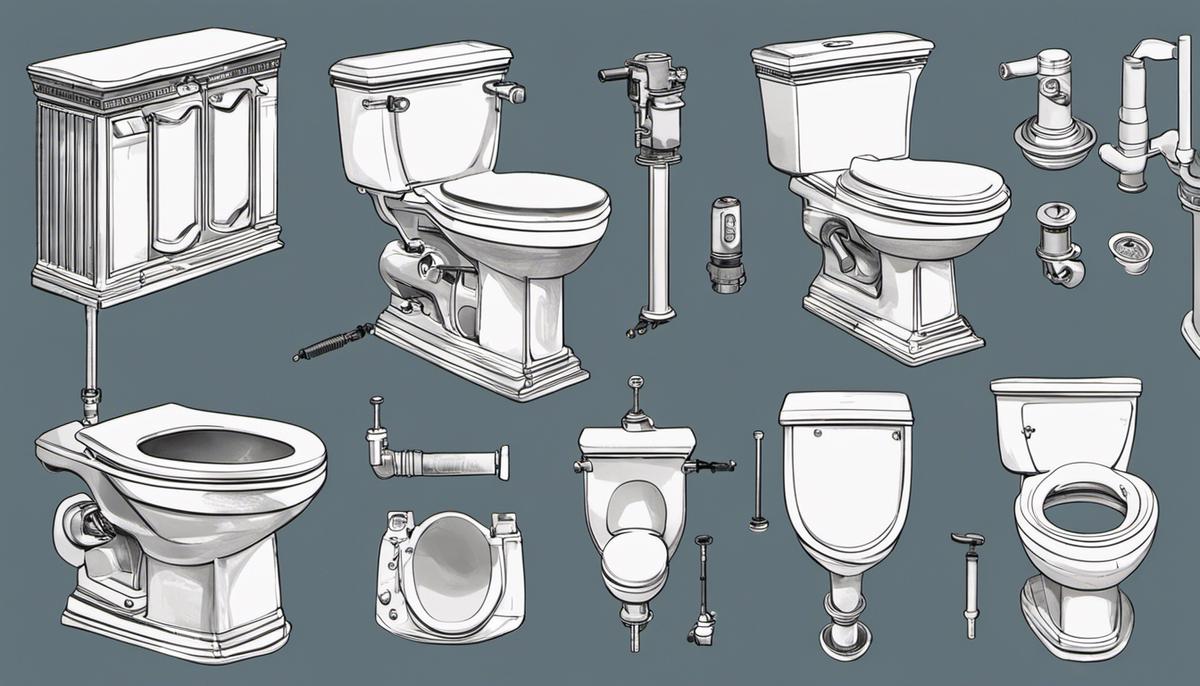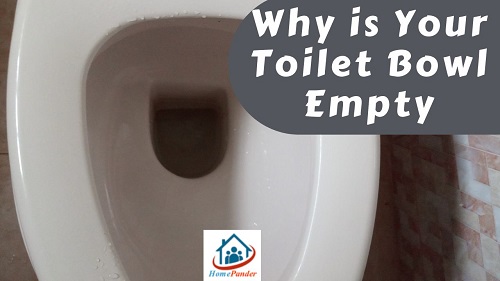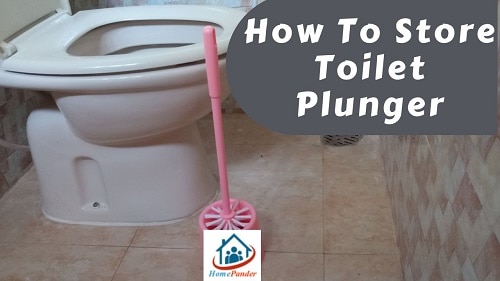Will Lysol Kill Mold in Air Conditioner?
Lysol can help in disinfecting surfaces and killing certain types of mold, but its effectiveness in eradicating mold growth inside an air conditioner may be limited. Professional mold remediation or alternative methods might be more effective in addressing mold issues.
Air conditioners create a cool and comfortable environment indoors, but they can also become a breeding ground for mold if not properly maintained.
Mold spores can easily find their way into the air conditioner, where they thrive in dark and damp environments. As the air conditioner circulates air, these mold spores can be dispersed throughout the room, potentially causing respiratory issues and allergies.
Understanding Mold in Air Conditioners
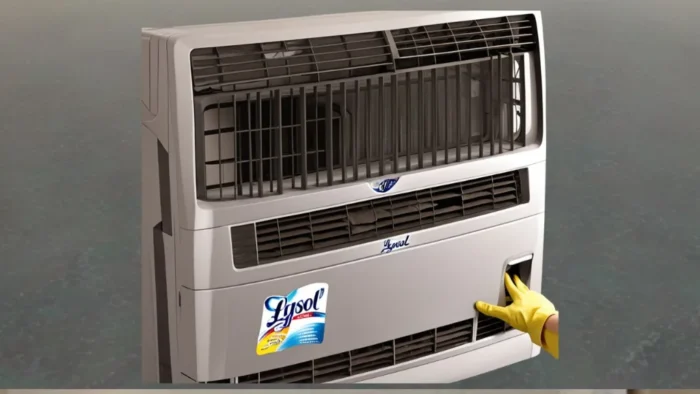
Before discussing the efficacy of Lysol in killing mold in air conditioners, it is crucial to understand the nature of mold growth in these units.
Mold requires three primary factors to grow: moisture, a food source, and suitable temperatures.
Air conditioners provide an environment conducive to mold growth due to the presence of moisture from condensation and the accumulation of dust and debris as a potential food source.
Can Lysol Kill Mold?
Lysol, a popular household disinfectant, is known for its effectiveness in eliminating bacteria and viruses. However, its efficacy against mold is a topic of discussion.
While Lysol can help in disinfecting surfaces and killing certain types of mold, it may not be the most effective solution for eradicating mold growth in an air conditioner.
| Aspect | Lysol Kill Mold in AC |
|---|---|
| Effectiveness | Moderate |
| Surface Disinfection | Yes |
| Penetration of Hidden Spaces | Limited reach |
| Eradication of Mold Spores | Partially effective |
| Deeply Embedded Mold | Limited effectiveness |
| Professional Assistance Needed | Not usually required |
| Alternative Methods | Professional mold remediation, natural remedies |
| Preventive Measures | Regular cleaning, proper ventilation, humidity control |
| Long-Term Mold Prevention | Requires additional preventive measures |
| Potential Health Risks | Reduced but not eliminated |
| Odor Elimination | Partially effective |
| Maintenance Frequency | Regular cleaning and maintenance recommended |
The Effectiveness of Lysol on Mold
Lysol contains chemicals such as ethanol and quaternary ammonium compounds that have antimicrobial properties.
These properties allow Lysol to kill certain types of mold on surfaces. However, mold growth inside an air conditioner involves a complex system of hidden spaces, such as air ducts and coils, where Lysol’s reach may be limited.
Additionally, the spores and mycelium of mold can be deeply embedded in porous materials, making it difficult for Lysol to penetrate and eradicate the mold completely.
Steps to Use Lysol to Kill Mold in an Air Conditioner
If you decide to use Lysol to address mold growth in your air conditioner, here are some steps to follow:
- Safety First: Ensure proper ventilation and wear protective gear such as gloves and a mask to avoid direct exposure to mold spores and Lysol fumes.
- Turn Off the Air Conditioner: Before starting the cleaning process, switch off the air conditioner to prevent the spread of mold spores throughout the room.
- Clean the Exterior Surfaces: Use a damp cloth or sponge with Lysol to wipe down the exterior surfaces of the air conditioner, including the housing and vents. This helps in disinfecting and removing any visible mold.
- Remove Filters and Clean: Remove the air filters and clean them according to the manufacturer’s instructions. If the filters are heavily contaminated with mold, it is recommended to replace them.
- Access the Internal Components: Consult the air conditioner’s manual or seek professional help to safely access the internal components, such as coils and air ducts.
- Apply Lysol Carefully: Use a spray bottle to apply Lysol to the accessible areas prone to mold growth. Ensure thorough coverage but be cautious not to oversaturate the components.
- Allow Drying Time: After applying Lysol, let the air conditioner components dry completely before reassembling and turning the unit back on.
Alternative Methods for Mold Removal
While Lysol can provide some level of mold control, alternative methods may be more effective in addressing mold growth in air conditioners. Here are a few alternatives to consider:
- Professional Mold Remediation: Hiring a professional mold remediation service ensures a thorough inspection, identification of the root cause, and effective removal of mold from the air conditioner.
- Natural Mold Remedies: Some natural remedies like vinegar, hydrogen peroxide, or tea tree oil can help in combating mold growth. However, their effectiveness may vary, and they might not be as potent as commercial mold cleaners.
- Preventive Maintenance: Regular cleaning and maintenance of your air conditioner, including proper ventilation, changing filters, and reducing moisture levels, can help prevent mold growth in the first place.
Preventing Mold Growth in Air Conditioners
Prevention is key when it comes to mold growth in air conditioners. Here are a few preventive measures to keep in mind:
- Regular Cleaning: Clean and dust the air conditioner regularly to minimize the accumulation of dust and debris, which can serve as a food source for mold.
- Control Humidity Levels: Use dehumidifiers or maintain humidity levels below 50% to inhibit mold growth.
- Proper Ventilation: Ensure proper ventilation in the room where the air conditioner is installed to improve air circulation and reduce moisture buildup.
- Timely Repairs: Address any leaks or condensation issues in the air conditioner promptly to prevent moisture accumulation.
- Professional Inspections: Schedule periodic professional inspections of your air conditioner to identify and address any potential mold growth or maintenance issues.
Related Questions
Q1: Can Lysol completely eliminate mold in an air conditioner?
A: Lysol can help in disinfecting surfaces and killing certain types of mold, but it may not be able to completely eliminate mold growth deep within an air conditioner.
Q2: Are natural remedies like vinegar or tea tree oil effective against mold in air conditioners?
A: While natural remedies can provide some level of mold control, their effectiveness may vary, and they might not be as potent as commercial mold cleaners.
Q3: Should I hire a professional for mold remediation in my air conditioner?
A: If you are dealing with extensive mold growth or are uncertain about addressing the issue yourself, it is advisable to hire a professional mold remediation service.
Q4: How often should I clean my air conditioner to prevent mold growth?
A: Regular cleaning of your air conditioner, including dusting and filter maintenance, should be done at least every few months or as recommended by the manufacturer.
Q5: Can mold in air conditioners cause health problems?
A: Mold in air conditioners can potentially cause respiratory issues, allergies, and worsen existing respiratory conditions for individuals sensitive to mold.
Q6: What should I do if I suspect mold growth in my air conditioner?
A: If you suspect mold growth in your air conditioner, it is recommended to consult a professional for proper inspection and guidance on remediation.
Conclusion
While Lysol can provide some level of disinfection and help with surface mold removal, its effectiveness in eradicating mold growth inside an air conditioner may be limited. Professional mold remediation or alternative methods might be more effective in addressing mold issues.
Remember to prioritize preventive measures and regular maintenance to keep your air conditioner mold-free and maintain a healthy indoor environment.



![How To Clean Dark Grout That Has Turned White [5 Easy Ways]](https://homepander.com/wp-content/uploads/2021/12/How-To-Clean-Dark-Grout-That-Has-Turned-White.webp)
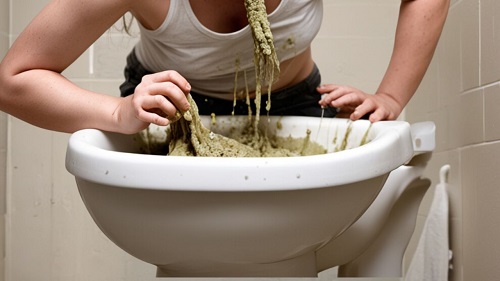

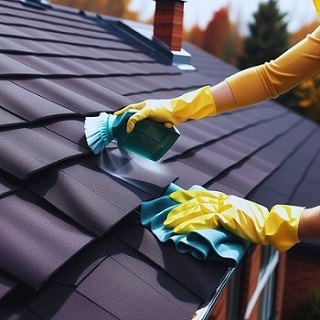





![How to Remove Crystallized Urine [Explained]](https://homepander.com/wp-content/uploads/2022/02/How-To-Remove-Crystallized-Urine.jpg)
